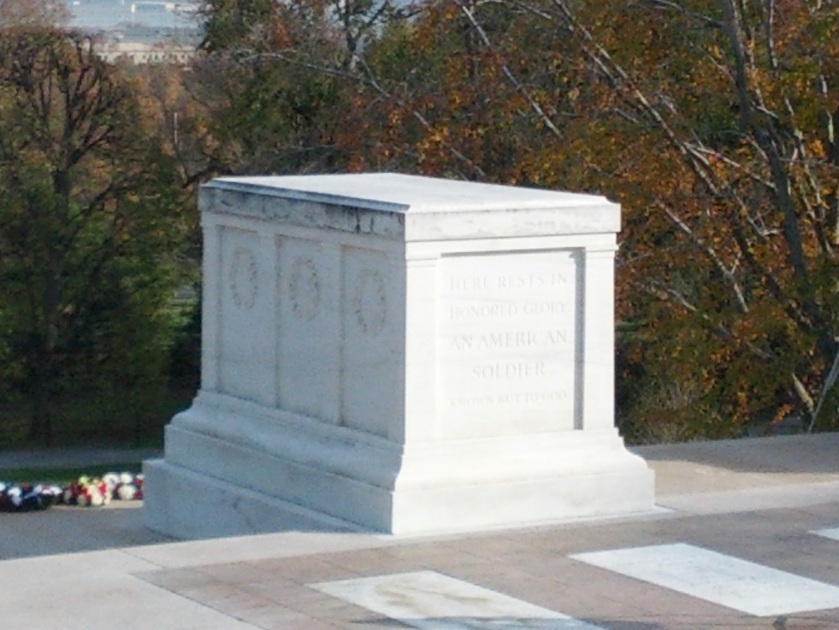
This past weekend we commemorated the 100th anniversary of the Armistice and the end of World War I. As I have spoken about the Great War with people of different ages and backgrounds, the main question that came up was “what was the Armistice again?” Now to be fair, the First World War doesn’t really get extensive coverage in US history textbooks, and of course, none of us have a living memory of the war. This is an interesting lacuna in our historical awareness, considering how profoundly the conflict shaped the world we live in.
The catastrophic combination of 19th-century military leadership and 20th-century weapons resulted in almost incomprehensible death and destruction. New weapons technology and mass production transformed the conduct of warfare: improved artillery, submarines, chemical weapons (tear gas, chlorine, phosgene, and mustard gas), tanks, and combat aircraft were introduced with horrifying consequences. By the end of the war, the old empires of the 1800s — Russia, Germany, Austria, and the Ottomans — had either collapsed or had suffered a diminution of power. Into the void arose the 20th-century plague of authoritarian nationalism and its extreme manifestation, fascism.
This underscores the value of history and the peril we face by continuing our long tradition of ignoring our own past. Today the patriotic pride we feel as Americans is threatened by the resurgence of nationalism. We must not fall prey to this seductive specter: patriotism is not nationalism; nationalism is not patriotism.
So much has been written about World War I and so rather than add to that corpus I will recommend some of my favorite books on the subject, should you choose to explore further:
The Guns of August by Barbara Tuchman (1962)
This book hopefully is still required reading somewhere; President Kennedy was so entranced by it that he insisted that his Cabinet and aides read it and absorb its lessons on the threat of war.
The Proud Tower by Barbara Tuchman (1966)
I think it’s helpful to read this before The Guns of August since it really delves into the mindset of the fin de siécle world and how that formed the spark of war. Within this volume, you will find many unfortunate parallels with our own time.
The Origins of American Intervention in the First World War by Ross Gregory (1972)
I first read this in college, it’s really an excellent, concise examination of the factors that contributed to President Wilson’s decision.
The First World War by John Keegan (1999)
A solid volume on the course of the war and the major figures and their strategy.
Paris 1919: Six Months That Changed the World by Margaret MacMillan (2001)
The award-winning treatment of the Versailles peace conference and its consequences.

You must be logged in to post a comment.